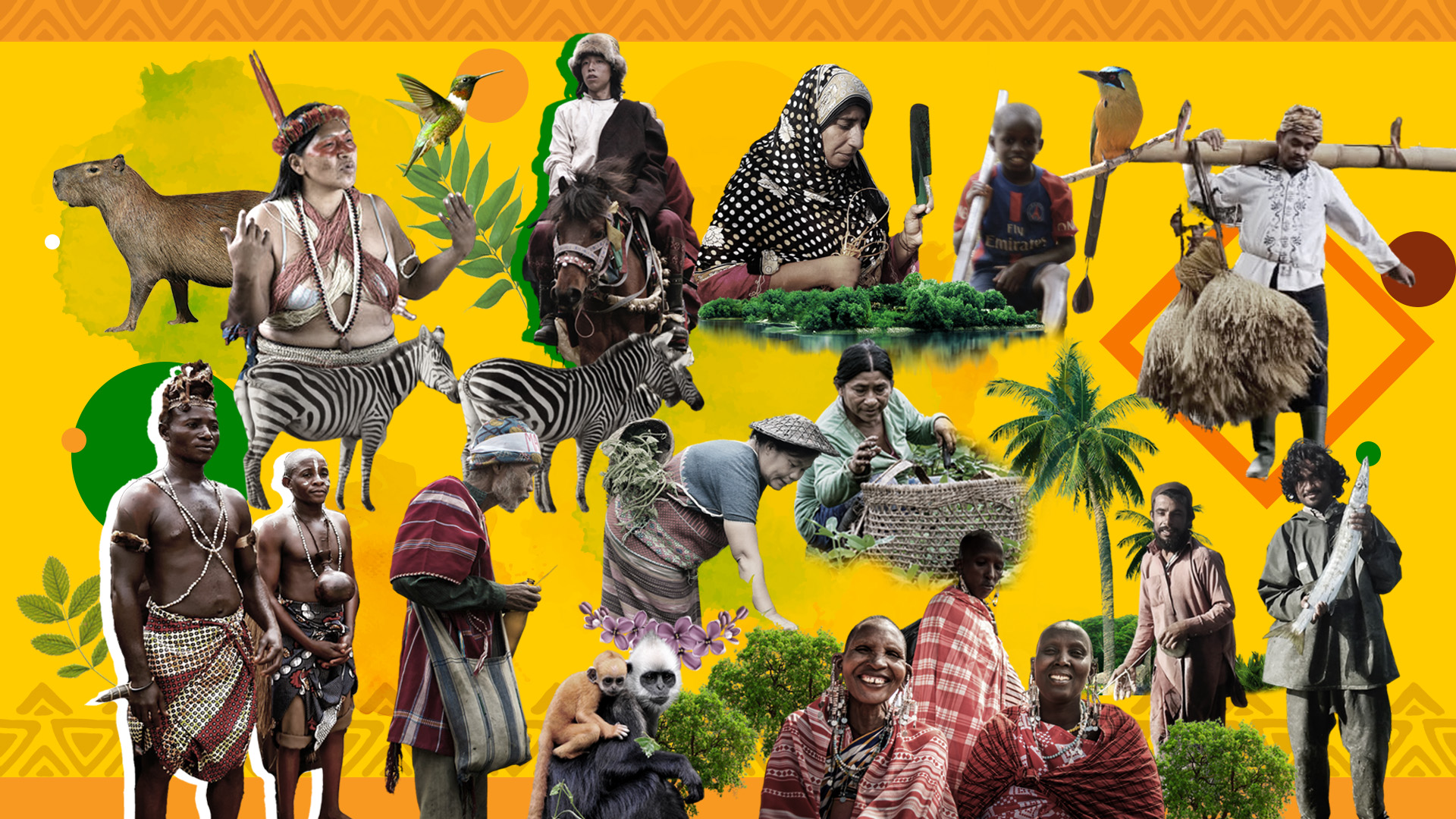The ICCA Consortium stands in solidarity with Indigenous Peoples and local communities who are sustaining their collective lands, waters, and territories of life in the face of immense challenges and calls on decision-makers and funders to support the self-determination of these custodians and the diversification and localization of the conservation industry
First published on 04/18/2022, and last updated on 04/20/2022
On International Mother Earth Day 2022 (22 April), we reaffirm our unwavering commitment to the global movement for territories of life.
Indigenous Peoples and local communities worldwide are striving to sustain their collective territories and ways of life amid ecological and climate crises, the effects of which are further exacerbated by the ongoing pandemic, growing inequalities, and armed conflicts.
We express our concern for and solidarity with all who have experienced and continue to experience loss and suffering from these interconnected crises and pervasive threats to their lives and territories. The ICCA Consortium is part of a rich tapestry of movements rooting out all forms of colonialism, destructive capitalism, systemic injustice, and inequality and nurturing regenerative local-to-global transitions to worldviews and ways of life in harmony with Mother Earth.
As the world adjusts – albeit in fits and starts – to living with COVID-19, we cannot “go back to normal” or business-as-usual, including conservation. In preparation for the final rounds of negotiation and the fifteenth meeting of the Conference of the Parties to the Convention on Biological Diversity later this year, the ICCA Consortium joins Indigenous Peoples and local communities to demand a human rights-based global biodiversity framework for our shared future.
In their efforts to implement global commitments, we call on world leaders, funders, and civil society to mobilize resources and support for the self-determined values, visions, and leadership of Indigenous Peoples and local communities to ensure a healthy and sustainable planet for all.
Indigenous Peoples and local communities play an outsized role in sustaining a healthy planet by actively governing, conserving, and defending at least 21% of the world’s lands and at least 33% of intact forests in their collective territories and areas. They have effective customary conservation strategies and practices, adaptive forms of mobility, and territorial delineation systems that support ecosystem connectivity and integration into broader landscapes and seascapes.
Appropriate recognition and support for Indigenous Peoples’ and local communities’ territories of life and rights should be at the heart of nature conservation efforts. It is also essential to increase political, legal, technical, and financial support for Indigenous and local custodians to self-strengthen their governance systems. Mobilizing such support will require transformative changes in conservation laws, policies, funding processes, and relationships.
However, the very communities who are putting their lives on the line to defend Mother Earth are also disproportionately affected by top-down and exclusionary conservation – often called “fortress conservation.”
Many have heard of the Buzzfeed exposé and subsequent investigation of WWF’s alleged human rights violations. However, such concerns are not unique to WWF; they are arguably prevalent across the conservation industry. A horrific new investigation from the Democratic Republic of the Congo revealed that Indigenous Batwa people had been killed, raped, and terrorized in an attempt to expel them from ancestral lands to make way for a national park. International donors and supporters of that 3-year-long violent campaign – including the German and U.S. government agencies and the Wildlife Conservation Society – knowingly ignored such reports.
Such violations of rights have no place in humanity, let alone in the name of conservation. To avoid such atrocities, fundamental rights, including self-determination, self-governance, and free, prior, and informed consent, must be respected and centered in conservation law, policy and finance.
Systemic change is needed in the mainstream conservation industry. Big multinational NGOs dominate mainstream conservation and act like monopolies. The same scrutiny, transparency, and accountability demanded of multinational enterprises that cause harm must be applied throughout the conservation supply chain.
In addition to preventing harm, decision-makers and funders can leverage significant positive change by supporting the diversification and localization of conservation institutions, initiatives, and mechanisms – above all, by supporting the self-determination of Indigenous and community custodians of territories of life.
